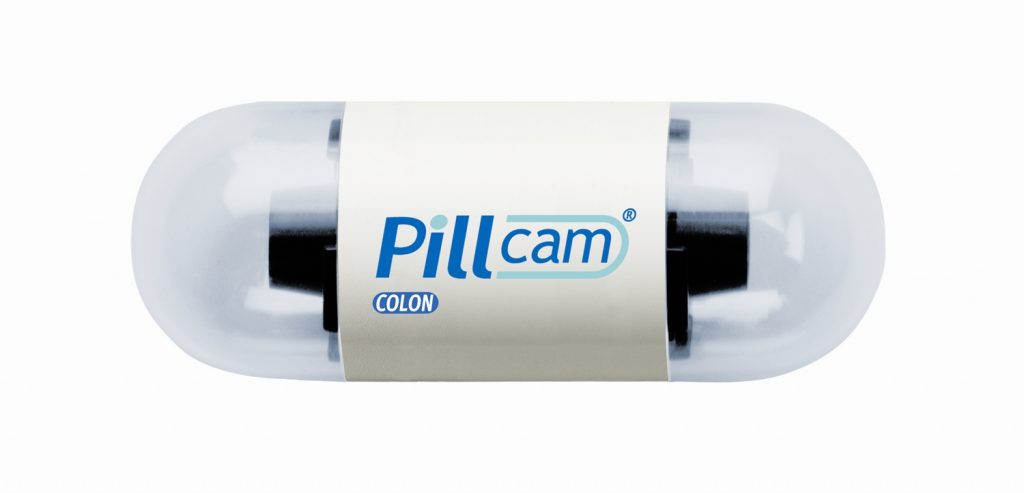 The medical field has made many strides in diagnosing illnesses. Unfortunately, getting some of these tests paid by insurance is difficult. Very often tests are considered experimental and require peer to peer reviews to get paid.
The medical field has made many strides in diagnosing illnesses. Unfortunately, getting some of these tests paid by insurance is difficult. Very often tests are considered experimental and require peer to peer reviews to get paid.
As a medical billing company we had done our share of appeals for the Capsule Endoscopy.
Here are some of the things your practice should remember when scheduling your patient:
1. Prior to the capsule, the patient must have bloodwork that reflects ACTIVE iron deficiency anemia with ACTIVE blood loss. A heme-occult positive stool sample should also be included to specifically point to the GI tract as the source of the bleeding.
2. Prior to the capsule, the patient must have an EGD and Colonoscopy performed for the same/similar diagnosis WITHOUT any findings that would explain the source of bleeding or evidence of Crohn’s disease/Ulcerative colitis. If any blood is noted, please be sure to specify that the source could not be determined.
3. Prior to the capsule, contact the patient’s insurance to see if any type of pre-certification or referral is needed. If a pre-certification is needed, complete the “Prior Authorization Form for Small Bowel Capsule Endoscopy,” attach all of the results from the tests listed above and submit all of this information to the insurance carrier.
The most common payable Dx(es) are:
D50.9: unspecified iron deficiency anemia
D50.0: iron deficiency anemia secondary to chronic blood loss
Patients with laboratory evidence of recurrent or persistent iron deficiency with or without anemia.
K92.0: hematemesis
K92.1: hematochezia
K92.2: hemorrhage of the GI tract, unspecified
R19.5: heme-occult positive stool
Patients with positive occult blood test who have suspected small bowel bleeding with no bleeding source found after upper and lower gastrointestinal endoscopic studies performed DURING THE CURRENT EPISODE OF ILLNESS, and other sources of bleeding have been investigated.
K50.011 – K51.919: Crohn’s disease/ulcerative colitis
As medical billers, you know that every commercial insurance has different guidelines, but these are the basics. Next time we will discuss general guidelines for Medicare.



